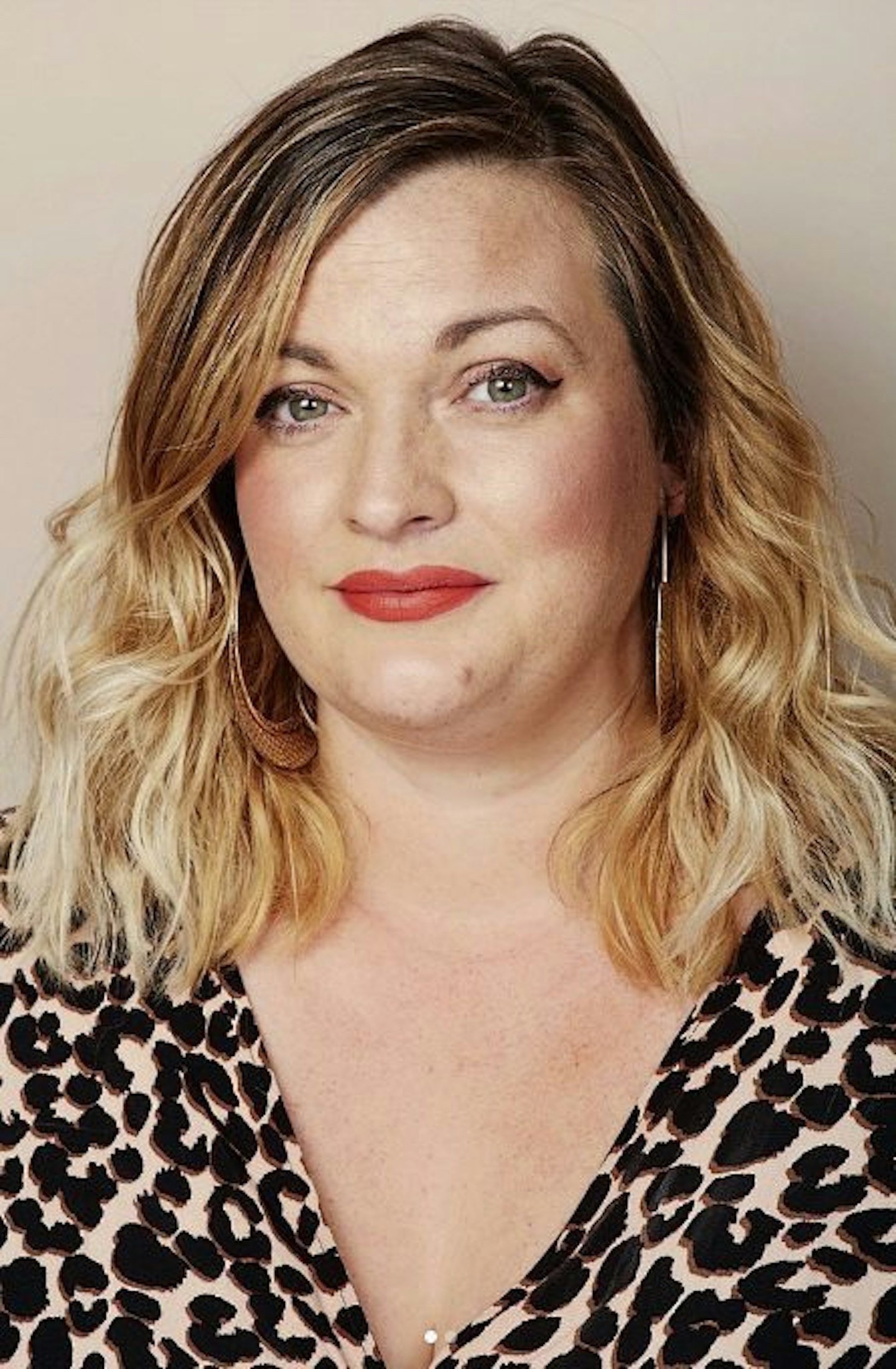According to a YouGov poll a shocking one in seven GCSE pupils has abused ‘smart drugs’, such as those used to treat ADHD, in the hope of getting better exam marks. As exam season begins, Take a Break looks at the worrying trend…

When Angela's son Ben came in from school looking even more anxious than he had the day before, her heart broke.
Ben’s A-levels were looming, but it was clear that he was struggling to cope with the stress.
Desperate to find a way to help him get his work done, she came up with a shocking plan.
Angela’s youngest son Jack had been diagnosed with ADHD when he was eight, and had been put on medication for it.
The improvement in his schoolwork had been incredible. He’d gone from scatty to organised and focused.
Jack had been prescribed Ritalin, one of the ‘smart drugs’ which some students believe improve focus, along with drugs such as modafinil, used for narcolepsy, and Adderall, another ADHD drug.
Angela, who lives in Petersfield, Hampshire, wondered whether Ben could reap the same benefits to help him get through his A-levels and she gave him some of his brother’s pills.
Ben noticed the difference immediately, but rather than deplete Jack’s supplies, Angela decided to get Ben diagnosed with ADHD even though she didn’t think he had it.
Angela admits: ‘Ben didn’t display any of the same symptoms that Jack had. But I knew the questions that Jack had been asked when he was diagnosed and coached Ben in what to say.
‘The school was also consulted, but because Ben had been so stressed, he’d been disorganised and underperforming anyway. So their report tallied with what Ben was saying. He got a positive diagnosis and started on the same meds as his younger brother.’
Shockingly, Angela isn’t the only parent lying so their child can get the medication to help them cope with exam stress and improve their results.
Studies have shown that one in four people has exaggerated or faked ADHD symptoms to get medication to either improve focus or get high.
And 38 per cent of doctors in a poll suspected that a patient had exaggerated or faked symptoms to get a prescription.
There has been an almost 85 per cent increase in the number of patients prescribed ADHD drugs since 2017 in England alone, with 646,000 items prescribed in October to December 2022, a six per cent increase compared with the previous quarter, and a 69 per cent increase since 2017 and 2018.
And worryingly, YouGov research revealed that students who didn’t have a diagnosis were turning to black-market study drugs to help them revise.
Of those who recently sat their GCSEs, 14 per cent admitted taking them.
But experts have warned against abusing drugs such as Ritalin.

GP Zoe Watson, founder of wellgoodwellbeing.com, says: ‘Theoretically, you can fake a diagnosis as it doesn’t have an objective test like a blood test or scan — but it’s horrifying that some parents are taking that sort of action.
‘It’s an incredibly irresponsible thing to do. It puts their child at an increased risk of health problems.
‘The medications given to people who have a diagnosis of ADHD are controlled drugs for a reason — they’re highly addictive and come with a range of side effects including agitation, aggression, insomnia, raised blood pressure and growth delays.
They should never be given to anyone who doesn’t have ADHD.
‘Apart from the dangers it isn’t a “magic” pill. People with ADHD have brains that react differently to stimulants, helping them to focus. But if you haven’t got it, it’s just a stimulant and it will affect the child’s sleep, making their concentration and focus poorer in the long run.’
She adds: ‘Doing this is stimulant abuse, and fabricated illness is a recognised form of child abuse. No decent parent would consider this route — instead they should help their child learn to deal with stress and pressure, which would set them up for success in the long term.’
But Angela feels no remorse about getting her son a ‘fake’ diagnosis.
She says: ‘I have no regrets in doing it — it cost a lot of money, over £1000, because time was short and I needed to go privately. But it was cheaper than a tutor and it was worth it. He came out with three A*s — which he’d never have got the way he was going.
‘I wasn’t worried about side effects, because I’d already seen that Jack was fine on the meds and I knew what to look out for.
‘I know I’m not alone, my friends have done the same. It’s not unusual, but people don’t exactly advertise they’re doing it.
‘He’s now at university and doing well,’ Angela continues. ‘He has his prescription, though he rarely takes the pills any more. It was all worth it in the end.’
● Angela, Ben and Jack’s names have been changed.
● For help and information on how to cope with exam stress, go to mind.org.uk
'It's easy to abuse the system'

Writer Mel Fallowfield, 50, lives in London with her two children, Ed, 16, and Bertie, 13.
She says: ‘I should make it very clear that my son does have ADHD — it was first flagged up in nursery, and he attended a special educational needs school for two years for his dyslexia and dyspraxia.
‘But though I was aware he almost certainly had it, I didn’t want him to have another label, so put off getting an official diagnosis.
‘It was only when he started getting into trouble at school for being disorganised, forgetful and impulsive that I knew he should have an official diagnosis so he could access more support and possibly start medication.
‘As the NHS waiting lists are so long, I found an online company that specialises in ADHD diagnoses and signed up with them. Ed and I both had to fill in forms — which would have been easy to guess the answers to get a diagnosis. The school also had to fill in forms, and then we had a two-hour zoom session with a child psychiatrist going through the answers and asking questions.
‘If you were determined enough to get a diagnosis, I suspect it wouldn’t be difficult to achieve. We were told straightaway that he had ADHD and then we had a week to think about it and research whether or not to medicate. I was worried about the possible health implications but ultimately decided we would go ahead. Just two days later Ed took his first pill. It will take a while to get the dose right, but there have been positive changes already.
‘While I feel very lucky that Ed could get the help he needed, it does worry me how easy it is to abuse the system — though it’s expensive, companies even offer finance packages, making it all the more tempting.’
